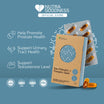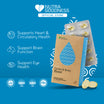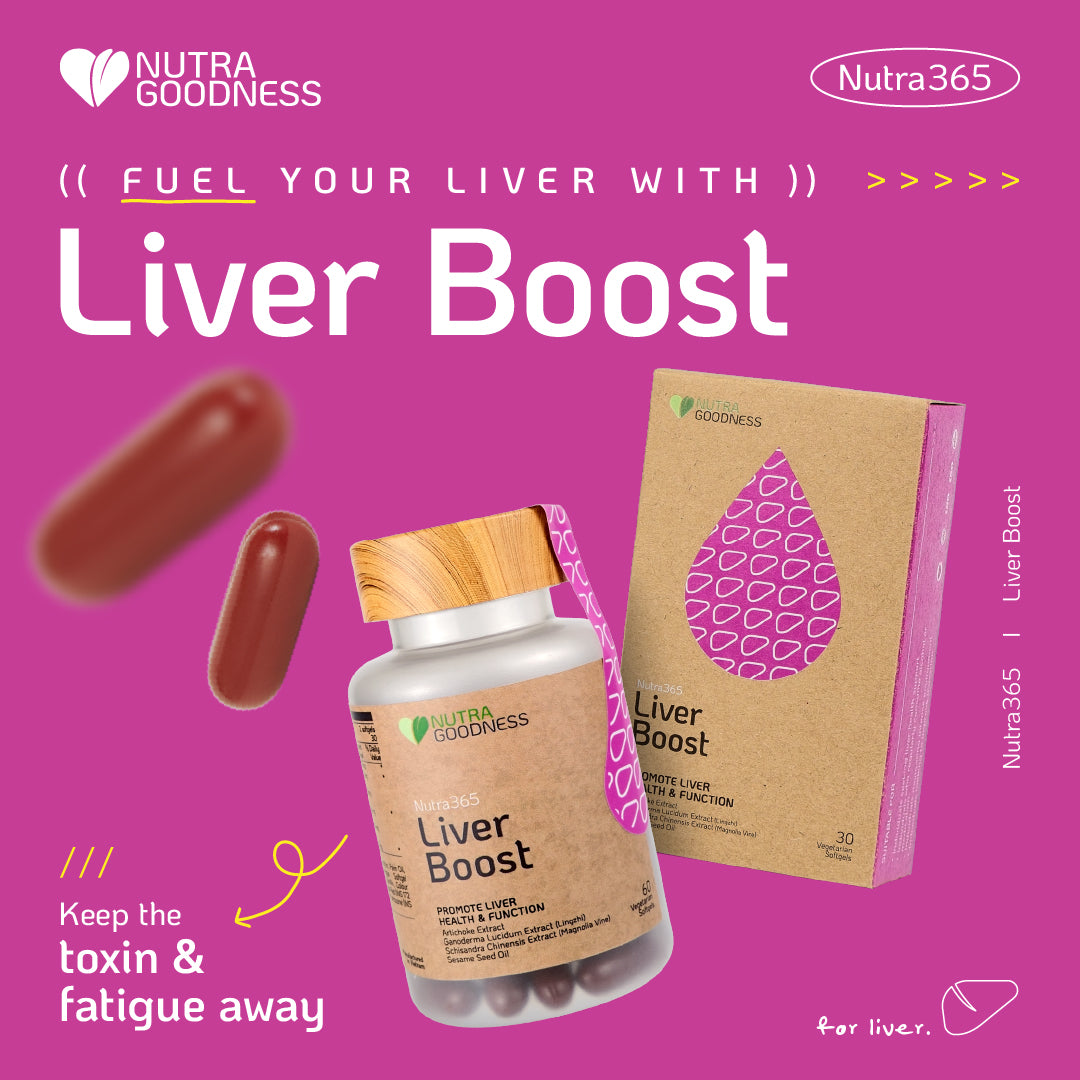Men's health is a vital aspect of overall well-being, yet it often receives less attention than it deserves. While some health concerns are universal, men face unique challenges that require targeted awareness and action.
Let’s explores the critical elements of men's health and practical advice for maintaining physical, mental, and emotional well-being.
1. Prioritising Preventive Care
Preventive healthcare is essential for early detection and management of health issues. Regular check-ups and screenings can significantly reduce the risk of serious conditions.
Recommended Screenings for Men:
- Blood pressure and cholesterol: Regular monitoring to prevent heart disease.
- Prostate health: Screenings for prostate cancer, especially for men over 50.
- Diabetes tests: Particularly for those with risk factors like obesity or a family history.
- Colon cancer screening: Recommended starting at age 45 or earlier for those with a family history.
- Mental health check-ins: Regular discussions with a healthcare provider to address stress, anxiety, or depression.
 2. Heart Health
2. Heart Health
Cardiovascular disease is the leading cause of death among men. Lifestyle choices play a significant role in heart health, and proactive measures can help prevent complications.
Heart Health Tips:
- Maintain a balanced diet rich in fruits, vegetables, whole grains, and lean proteins.
- Incorporate heart supplements into your diet to support cardiovascular function and overall heart wellness.
- Exercise regularly to strengthen the heart and improve circulation.
- Avoid smoking and limit alcohol consumption.
- Manage stress effectively through mindfulness, hobbies, or counselling.
- Monitor and manage risk factors like hypertension, high cholesterol, and obesity.
3. Mental Health Matters
Men are often less likely to seek help for mental health issues due to societal expectations and stigma. However, prioritising mental well-being is crucial for overall health.
Signs of Mental Health Concerns:
- Persistent sadness or irritability.
- Difficulty concentrating or making decisions.
- Changes in sleep patterns or appetite.
- Feeling overwhelmed or hopeless.
Ways to Care for Your Mental Health:
- Open up to trusted friends or family members.
- Seek professional help when needed—therapy and counselling can be transformative.
- Engage in regular physical activity to boost mood and reduce stress.
- Practice mindfulness, meditation, or relaxation techniques to manage anxiety.
 4. Physical Activity and Fitness
4. Physical Activity and Fitness
Regular exercise is a cornerstone of men's health, offering benefits for both physical and mental well-being.
Fitness Recommendations:
- Aim for at least 150 minutes of moderate aerobic activity per week.
- Incorporate strength training exercises twice a week to build muscle and improve metabolism.
- Include flexibility and balance exercises, such as yoga or tai chi, to reduce the risk of injury.
- Find an activity you enjoy, whether it’s cycling, swimming, or team sports, to stay consistent.
 5. Healthy Eating Habits
5. Healthy Eating Habits![]()
Nutrition plays a significant role in preventing chronic diseases and maintaining energy levels. A balanced diet tailored to individual needs can have a profound impact on men's health.
Nutrition Tips:
- Focus on whole foods and minimize processed items.
- Ensure adequate protein intake to support muscle health.
- Include healthy fats from sources like nuts, seeds, avocados, and fish.
- Prioritise fibre-rich foods to support digestive health and reduce cholesterol.
- Stay hydrated and limit sugary drinks and excess caffeine.
6. Prostate Health
Prostate health becomes increasingly important as men age. Conditions such as benign prostatic hyperplasia (BPH) and prostate cancer are common but manageable with early detection.
Ways to Support Your Prostate Health:
- Regularly monitor PSA (prostate-specific antigen) levels with your doctor.
- Stay active and maintain a healthy weight to support overall prostate health.
- Incorporate foods rich in antioxidants, like tomatoes and berries, into your diet.
- Limit red meat and processed foods, which can increase risk factors.
 7. Managing Stress and Work-Life Balance
7. Managing Stress and Work-Life Balance
Many men face stress related to work, family, and societal pressures. Chronic stress can lead to physical and mental health problems if left unmanaged.
Stress Management Strategies:
- Practice time management to prioritise tasks effectively.
- Take breaks and schedule downtime to recharge.
- Engage in hobbies or activities that brings joy and relaxation.
- Consider mindfulness practices or breathing exercises to manage acute stress.
8. Sexual and Reproductive Health
Sexual health is an integral part of men's well-being. Addressing concerns such as erectile dysfunction (ED), fertility, or sexually transmitted infections (STIs) is vital for physical and emotional health.
Ways to Support Sexual Health:
- Maintain open communication with your partner about needs and concerns.
- Practice safe sex by using protection and getting regular STI screenings.
- Address any concerns about libido or performance with a healthcare provider—ED can sometimes indicate underlying health issues.
- Stay active and eat a balanced diet to support reproductive health.
 9. Bone and Joint Health
9. Bone and Joint Health
Bone density and joint health are often overlooked in men's health but are essential for maintaining mobility and independence as men age.
Ways to Support Your Bone Health:
- Include calcium-rich foods like dairy products, leafy greens, and fortified alternatives.
- Ensure adequate vitamin D intake through sunlight or bone & joint supplements.
- Incorporate weight-bearing exercises like walking or resistance training to strengthen bones.
- Avoid smoking and excessive alcohol, which can weaken bones over time.
10. Building Healthy Habits
Small, consistent changes can lead to significant improvements in men's health over time. The key is to adopt sustainable habits that align with your lifestyle and goals.
Healthy Habit Suggestions:
- Start the day with a nutrient-rich breakfast to fuel energy levels.
- Set achievable fitness goals and track progress.
- Make sleep a priority by aiming for 7–9 hours per night.
- Schedule regular check-ups and don’t ignore symptoms or concerns.
- Stay socially connected to nurture emotional well-being.
Men’s health is multifaceted, encompassing physical, mental, and emotional aspects. By prioritising preventive care, adopting a healthy lifestyle, and seeking support when needed—including the use of trusted options like Nutra Goodness health supplements— men can lead longer, healthier, and more fulfilling lives. Taking charge of your health isn’t just a personal responsibility—it’s an investment in your future and the well-being of those who depend on you.



![[Nutra Goodness MindFuel Wellness] Nutra365 Cardio & Brain Boost + NutraGummy Energy Boost + NutraFizz Effervescent](http://www.nutragoodness.com/cdn/shop/files/Oct_Banners-29_1.png?v=1759198351&width=104)
![[Nutra Goodness Glow & Hydrate Set] Nutra365 Heart & Skin Boost + NutraBreeze BeautyCool + NutraFizz Effervescent](http://www.nutragoodness.com/cdn/shop/files/Oct_Banners-30.png?v=1759198320&width=104)
![[Nutra Goodness Daily Defense Set] NutraBreeze DetoxCool + NutraFizz Vitamin C Effervescent + NutraSooth Lozenges](http://www.nutragoodness.com/cdn/shop/files/Oct_Banners-31.png?v=1759198291&width=104)



















































